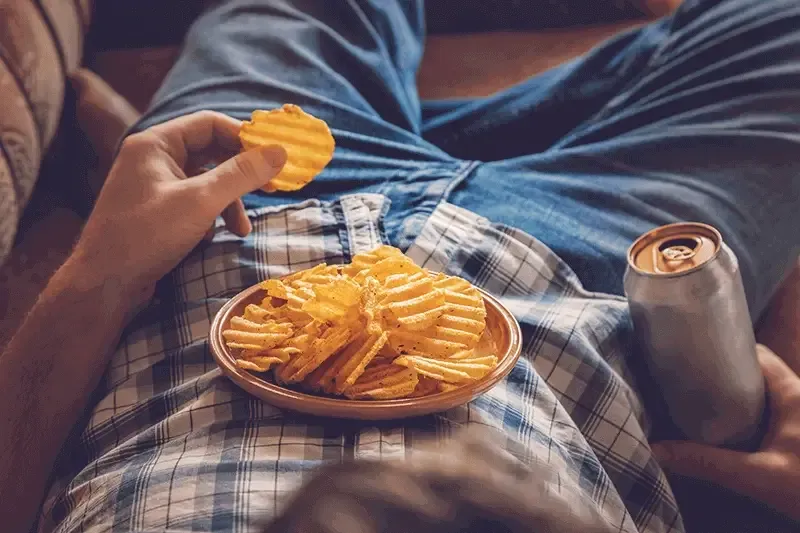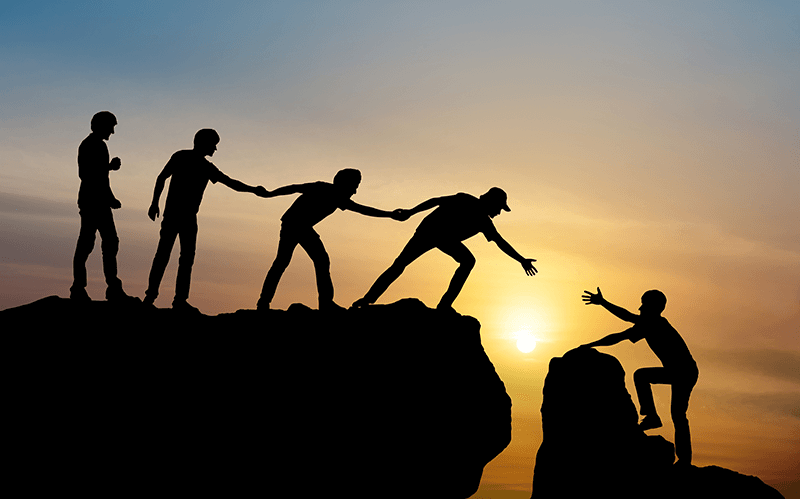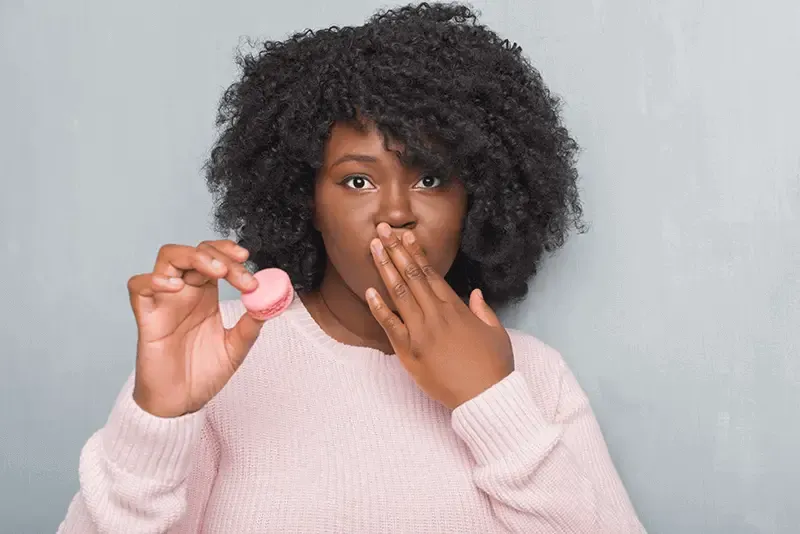Help your brain with habits
By MAS Team
Once developed, habits take time to break. In fact, breaking a habit is often more complicated than creating one. Research has shown that while parts of those worn-in pathways in our brains can weaken without use, they are never fully removed. In some instances, old habits can be reactivated with only the slightest cue, for example when stress cues you to reach for the chocolate.
We’ve provided some of the most effective strategies for overcoming bad habits below.
Even if we hate a habit, we keep doing it because the habit provides us with some sort of satisfaction or psychological reward. For example, you might spend money you don’t really have on technology or art even though you know it will create more financial stress, and mean you’ve got less to spend on things you might enjoy more.
Why aren’t those reasons enough to stop you? Because having the latest gadget in the short term also feels good. So instead, experiment to find an option that works both short and long term. Was searching online for the perfect piece for your study really an excuse for a work break? Would getting up to stretch and drink some water have been just as satisfying?

Set up your environment to make the unhelpful habit difficult to do and an alternative habit easy to do. Perhaps you leave your wallet at home, so you can’t buy things on the spur of the moment or take just enough cash to buy what you need and can afford.

Triggers are what occurs immediately before you engage in the habit. An obvious trigger might be seeing someone else with a new phone. Psychiatrist Judson Brewer has shown that paying more attention in the moment when we are wanting to engage in the habit, whatever it is, helps us to have more distance from it. This distance helps us to be less reactive and gives us a stronger chance of doing something different. He suggests paying attention to our thoughts (what is going through my mind right now?), emotions (how am I feeling right now?), and bodies (what is happening in my body right now? Tension? Excitement?). That way, we can see more clearly what might be driving our actions.
Tell people about the change you’re trying to make, and what that means in reality. Maybe it means inviting friends over for a pot-luck dinner rather than going out to eat. Maybe you catch up for a scenic walk rather than at the shops. This way your colleagues won’t unintentionally keep testing your resolve.

No one is perfect, and it’s almost inevitable that you will slip back in to old habits on occasion. Rather than beating yourself up for this set back, think about what the slip up teaches you. What led to the slip up, and next time you face a similar situation or trigger, what can you do differently?

Studies have also indicated that people are 25 times more successful if they try to cultivate a new habit, rather than just resist the old one. Use the above ideas to help you become more aware and in control of your existing habits and click to find out how to establish helpful new habits.

Some simple and effective steps for Mental Health Awareness Week 2023 that are easy to incorporate into every day and their mood-boosting effects add up over time.

We asked MAS Members for their top tips on how they reconnect to give their mental and physical health a boost.

Learning from home comes with plenty of perks, but a few hurdles too. So to help keep you on track, here’s the dos, don’ts and disciplines of studying from home.